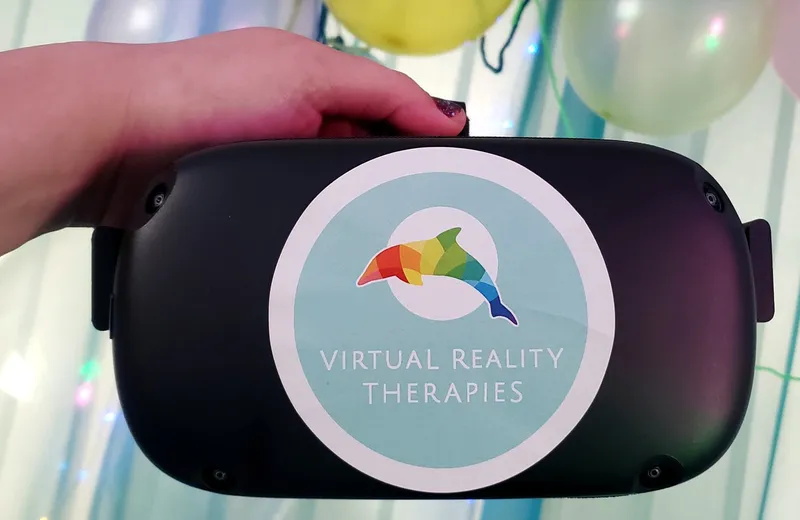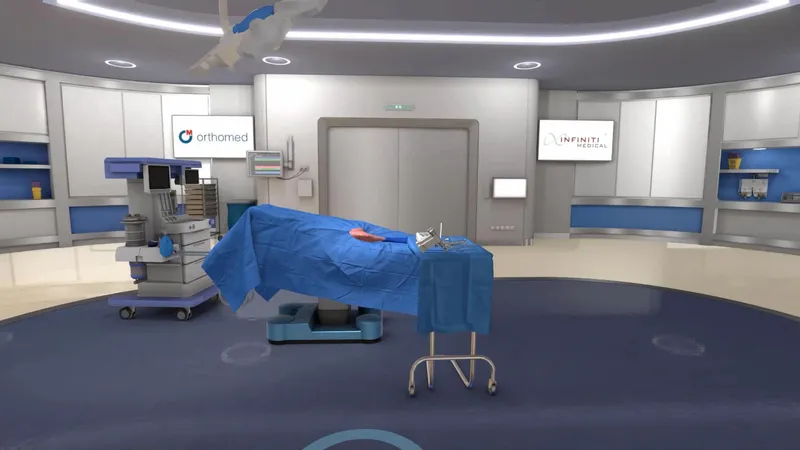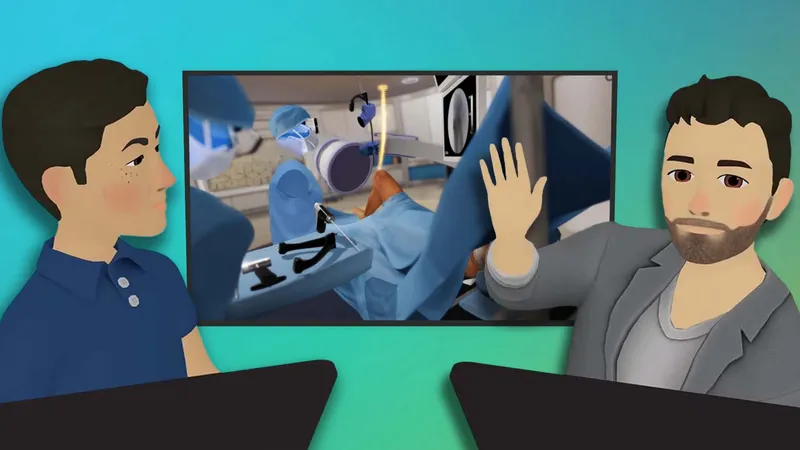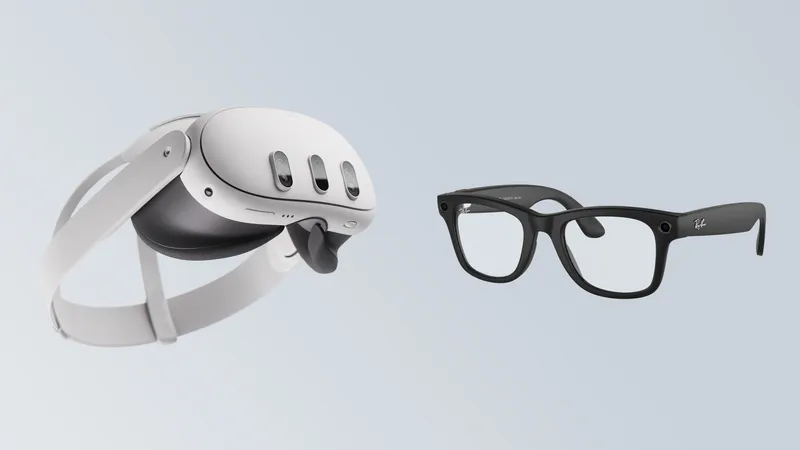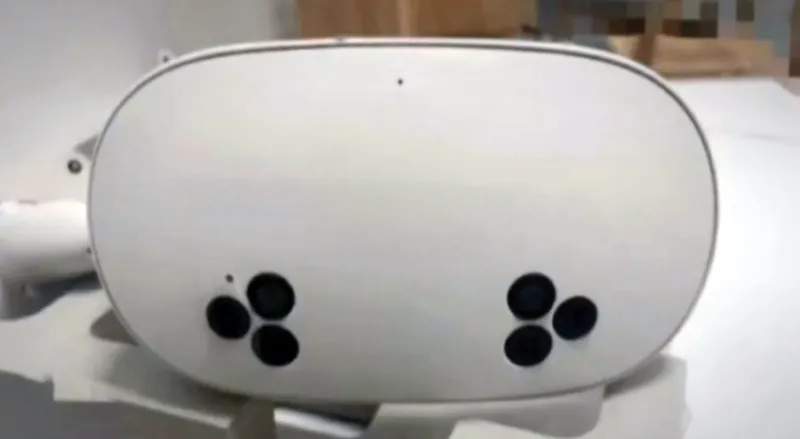Simply saying that VR is good for healthcare is too broad a statement. As well all know, there are thousands of different strands of subjects that fall under that umbrella, and identifying which ones VR is well-suited for is a little trickier. But an upcoming conference aims to unify these various strands, providing a VR medical conference that charts the future of technology’s impact on the health sector.
Virtual Medicine, as the event is called, is organized by Dr. Brennan Spiegel, the Director of Health Services Research for Cedars-Sinai Health System, and Co-Chair of the VR/AR Association Digital Health Committee. Taking place from March 28th – 29th 2018 at the Cedars-Sinai Medical Center in Los Angeles, the event gathers various leaders from the world of medical VR for two days of talks, sessions, and workshops.
19 speakers have been lined up so far from groups like the USC Institute for Creative Technologies, Osso Health, Children’s Hospital LA and even Samsung. In fact, Samsung is a partner for the event as are the VR/AR Association and AppliedVR, a VR platform designed for healthcare.
Check out some of the work Cedars-Sini itself is doing with VR already.
“Often conversations happen in isolation about how to make VR successful,” AppliedVR’s Josh Sackman said of the conference, “but it truly takes a village to make something like VR work in such a complex space like healthcare. It requires trial and error, constant feedback and communication with a cross-functional team, establishing best practices, and most importantly open dialogue from a wide range of stakeholders ranging from clinicians to content creators to investors to researchers to hardware companies.”
By gathering figureheads together to share successes and failures as well as data and research, Virtual Medicine hopes to stimulate VR’s use within the medical community and defy claims of gimmicks.
“Ultimately, we do see this as something in every patient room, operating room, imaging center, emergency room, surgery center, infusion center and other places where patients experience something scary or painful,” Sackman adds. “And we are starting to see some really powerful stories of patients using this in their homes, which is leading to safer and possibly more effective management strategies for those with chronic pain and other chronic conditions.”
If you’re interested in attending Virtual Medicine then it’d be a good idea to act fast; super early bird tickets are available until the end of the month and offer general admission for $299. After that, GA tickets will be priced at $399 for the rest of the year and $499 leading up to the event in March.



